Why Are Social Games So Addictive? Delving Into Game Design for Fun
6 December 2024
Social games. Just saying those two words can make your brain light up with memories of checking your phone obsessively, losing track of time, or celebrating a sweet in-game victory with friends. Whether it’s the never-ending saga in Candy Crush, the virtual farming empire in FarmVille, or the competitive chaos of Words with Friends, social games have a way of grabbing hold of us—and not letting go.
But have you ever stopped and asked yourself, why are social games so darn addictive? It’s not just about pretty colors, catchy tunes, or beating your buddy’s high score. There’s something deeper at play—an intricate balance of psychology, game design, and our innate need to connect with others. Let’s peel back the curtain on why you just can’t seem to put that game down.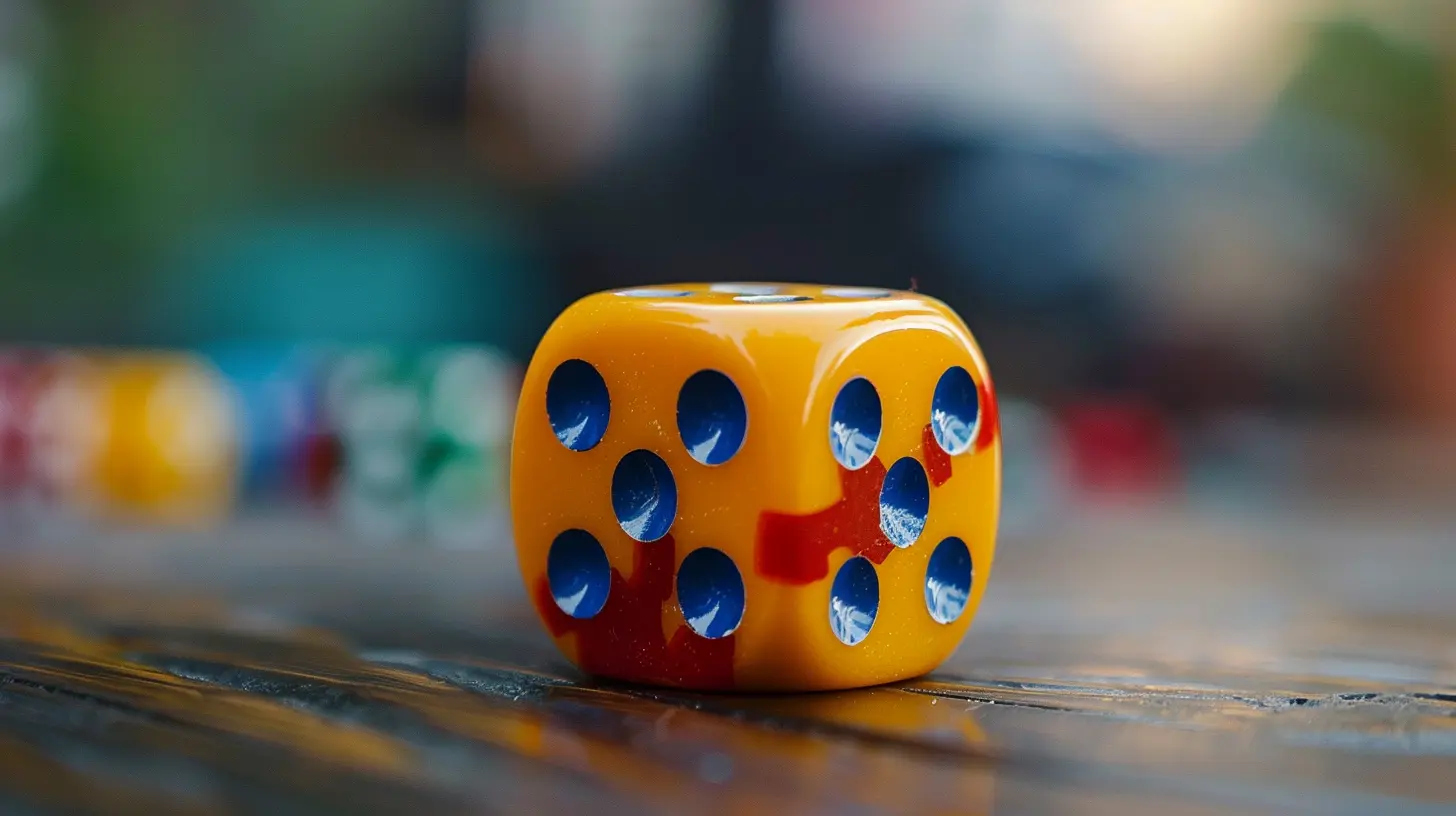
The Hook: How Game Designers Reel You In
Every good social game has a hook that pulls you in right from the start. Think of that first level of Candy Crush—it's simple, colorful, and satisfying. You feel like a genius for matching candies, even though the game is practically holding your hand.This isn’t by accident. Game designers leverage something called the “easy-to-learn, hard-to-master” principle. They make sure their games have low entry barriers so anyone—even your Grandma—can play. But as you progress, the difficulty ramps up just enough to keep you challenged. Every win hits you with a tiny rush of dopamine, the feel-good chemical your brain releases when you achieve something. It’s the same reason you feel amazing when you cross something off your to-do list.
And here’s the kicker: they dangle the next goal just within your reach. “One more level,” you tell yourself, only to find that 30 minutes have flown by.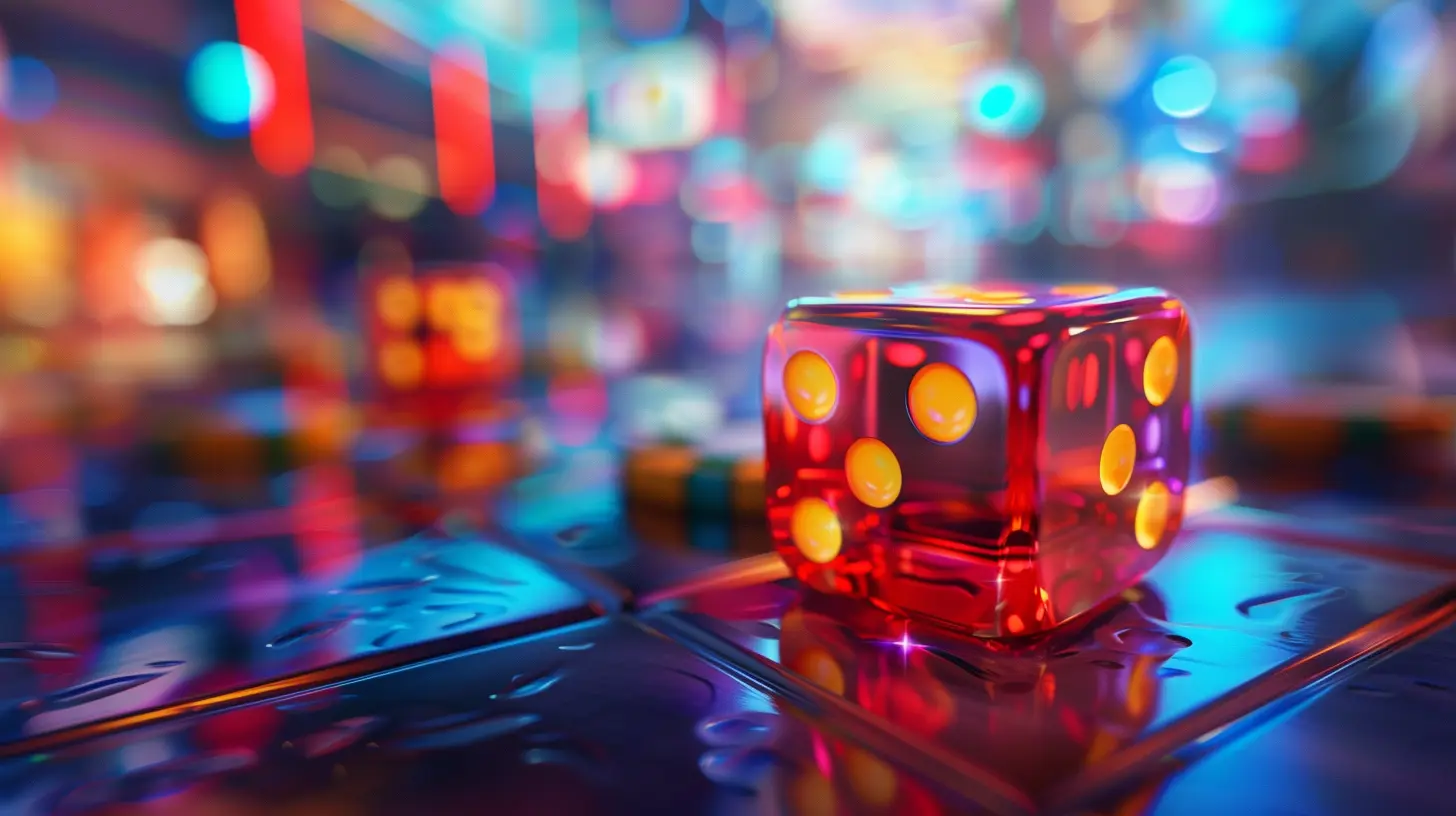
The Social Connection: It's Not Just a Game, It's a Community
Okay, let’s be real. We’re all social creatures. The need to connect with others is baked into our DNA. Social games are genius because they tap into this universal human craving for interaction. They take solo activities, like crushing candies or building cities, and add a social layer. Suddenly, it’s not just you playing a game—it’s you and your friends.Take Words with Friends, for example. It’s basically Scrabble, but what makes it compelling is the “with friends” part. You’re not just solving word puzzles; you’re competing against people you know. The social aspect makes victories sweeter and defeats sting a little more. And don’t even get me started on the subtle peer pressure of notifications: “Alex just played a word! Will you let them win?”
When you add leaderboards, in-game chat, and sharing features, games stop feeling like isolated experiences. They become a virtual playground where you can hang out, trash-talk, and bond with others.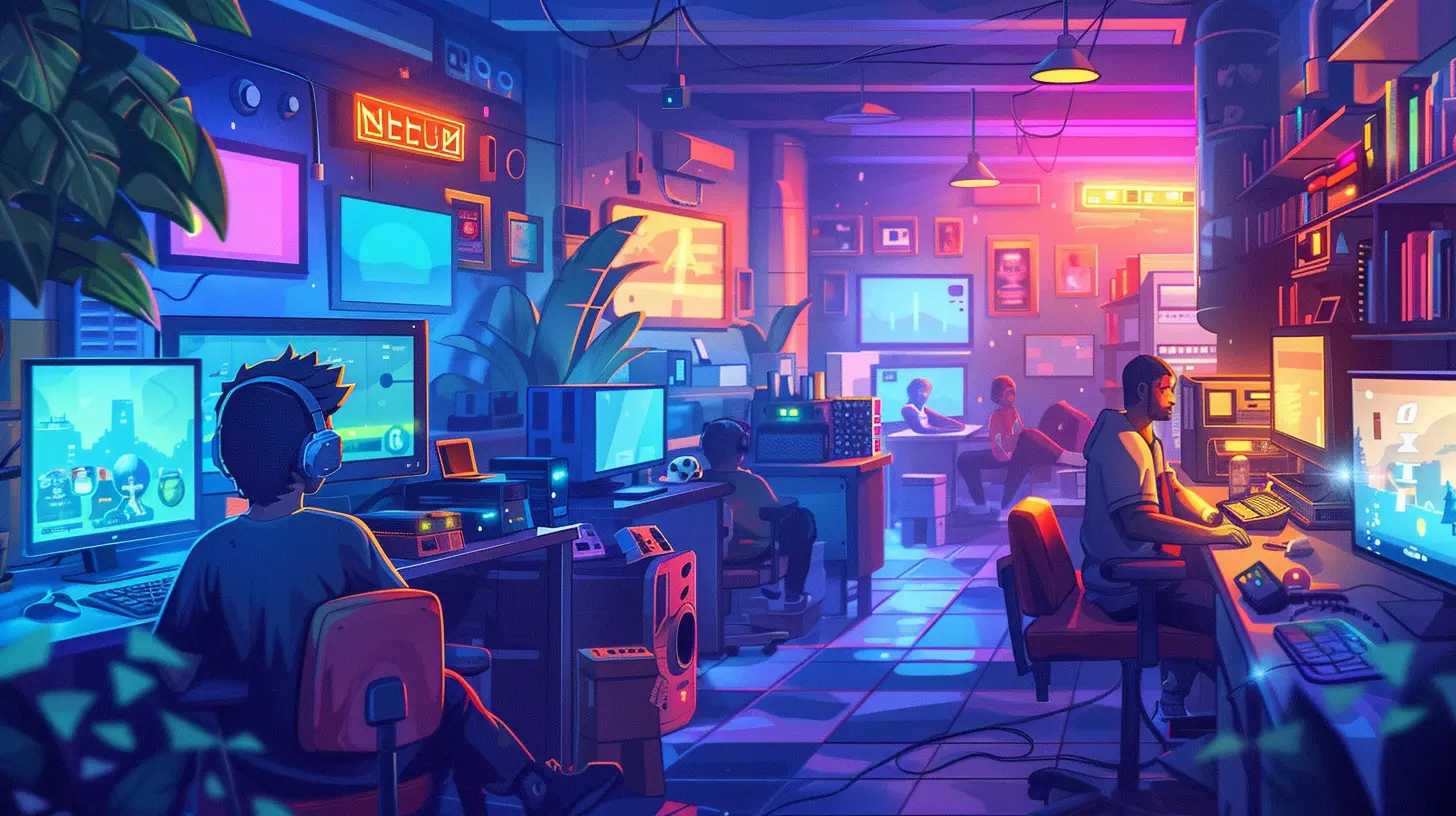
The Role of Rewards: Why Your Brain Loves a Little Bribery
Let’s talk rewards. Social games are masters at sprinkling them everywhere, like confetti at a surprise party. Whether it’s coins, points, power-ups, or unlocking a shiny new feature, these rewards keep you coming back for more. But it’s not just any reward system—game designers use something called variable rewards, and oh boy, is it effective.Here’s how it works: instead of giving you predictable rewards (e.g., you win a prize every time you complete a level), they mix it up. Sometimes you get a reward, sometimes you don’t. Sometimes it’s a small bonus, but occasionally, it’s a jackpot. It’s like playing a slot machine. The uncertainty keeps your brain hooked because you never know if the next spin (or level) will bring something amazing.
And let’s not forget streaks. Ever been rewarded for playing multiple days in a row? That’s not just a pat on the back—it’s a psychological nudge to keep logging in. Missing a day feels like breaking a chain, and nobody likes that!
The Element of Competition: Turning Friends into Rivals
Have you ever noticed how social games subtly pit you against your friends? It’s not just about playing the game; it’s about outplaying everyone else. Leaderboards are the perfect example of this. Seeing your name below your coworker’s or your sibling’s on a leaderboard is like a personal challenge screaming, “Do better!”This competitive edge taps into our natural drive to win and be the best. But it’s not all cutthroat. There’s also a cooperative side. Ever played a game where you can send lives, gifts, or boosts to your friends? It’s like trading favors in real life—it builds a sense of camaraderie while keeping you both engaged.
The Power of Progression: Why That Next Level Feels So Important
Let’s talk progression. Whether it’s unlocking new chapters, leveling up, or completing quests, social games are masters at giving you a sense of progress. They break big goals into smaller, bite-sized achievements. Each time you hit one, it feels like a mini victory party in your brain.But here’s the trick: the progress bar never truly ends. Games like FarmVille or Candy Crush have hundreds—if not thousands—of levels. And even if you hit the “end” (spoiler alert: it’s temporary), the developers roll out new updates and challenges. There’s always something more to do, achieve, or unlock.
FOMO and Time Limits: The Fear You’re Missing Out
You’ve probably seen it: “Limited-Time Offer! Get this rare item before it’s gone!” Suddenly, you’re scrambling to play because you don’t want to miss out. This is called FOMO, or the “Fear of Missing Out,” and it’s one of the most effective tools in game design.By creating time-sensitive challenges, rewards, or events, developers make you feel like you have to act now—or else. And let’s be honest, nobody wants to be the only one in their friend group without that cool, rare skin or item.
The Role of Nostalgia and Identity
Ever notice how many social games revolve around familiar themes? Farming, word games, cooking, puzzles—it’s relatable stuff. These themes aren’t random. They’re chosen to make you feel comfortable and tap into a sense of nostalgia. The warm, fuzzy feeling you get from harvesting crops in FarmVille? That’s your brain associating those actions with real-life satisfaction.On top of that, many games let you customize your avatar, decorate your space, or choose how you play. It lets you express yourself and feel like the game is uniquely yours. That kind of personal investment keeps you coming back.
The Role of Mobile: Gaming Anytime, Anywhere
One of the biggest reasons social games are so addictive is simple: they’re always within arm’s reach. With mobile gaming, you don’t need a console or a dedicated space. You can play on the bus, during lunch, or even while waiting in line for coffee.This accessibility makes it way too easy to fill every small gap in your day with a couple of rounds of Words with Friends or a few puzzles in Candy Crush. Before you know it, playing becomes a habit—a default thing you do whenever you have a spare moment.
Are Social Games All Bad?
Now, you might be thinking, Are social games evil masterminds designed to steal my time? Well, not exactly. While they’re definitely designed to be engaging (okay, maybe a little manipulative), they also offer benefits. They’re a great way to relax, connect with friends, and even exercise your brain. The key is balance. As with anything, moderation is what keeps gaming fun rather than frustrating or overwhelming.Conclusion: So, What Makes Social Games So Addictive?
At their core, social games are addictive because they play on some of our most basic needs and instincts. From the thrill of rewards and competition to the comfort of social connection and nostalgia, these games are carefully designed to hit all the right notes. They’re like digital potato chips—you can’t stop at just one.But hey, now that you understand the tricks behind the scenes, you’re better equipped to enjoy social games without letting them take over your life. So, the next time you pick up your phone for “just one game,” remember—it’s all about having fun and keeping things in perspective. Now, go ahead, crush those candies (responsibly).
all images in this post were generated using AI tools
Category:
Social GamesAuthor:

Kaitlyn Pace
Discussion
rate this article
13 comments
Zedric Jacobs
Great insights on social game design! Understanding these elements really enhances player engagement and enjoyment.
February 3, 2025 at 5:57 PM

Kaitlyn Pace
Thank you! I'm glad you found the insights valuable. Engaging game design truly makes a difference in player experience!
Calaris McIntosh
Absolutely loved this insight! Game design truly taps into our emotions.
January 27, 2025 at 5:29 PM

Kaitlyn Pace
Thank you! I'm glad you enjoyed it—game design really does have a powerful way of connecting with our emotions!
Alice McEachern
Social games masterfully exploit our psychology—no regrets!
January 24, 2025 at 5:09 AM

Kaitlyn Pace
Thank you for your insight! It's fascinating how social games leverage psychological triggers to create engaging experiences, making them hard to resist.
Merida Perry
Great insights! It’s fascinating how game design taps into our social needs, making these experiences so engaging and hard to resist.
January 21, 2025 at 5:12 AM

Kaitlyn Pace
Thank you! It's true—game design cleverly leverages our social instincts, creating compelling experiences that keep us coming back for more.
Mallory McTigue
Unlocking joy through creative connections!
January 16, 2025 at 3:28 AM

Kaitlyn Pace
Absolutely! Creative connections in social games foster joy by building community and enhancing engagement, making them incredibly addictive.
Lorelei Wilcox
Great read! It’s fascinating how cleverly crafted game design keeps us hooked. Let’s embrace the fun and find joy in these social connections—after all, it’s all about laughter and good times! 🎮✨
January 14, 2025 at 3:19 AM

Kaitlyn Pace
Thank you! I'm glad you enjoyed the article. Game design truly enhances our social experiences and brings joy through laughter and connection! 🎮✨
Trixie McConnell
Magic in connection's design.
January 11, 2025 at 5:44 AM

Kaitlyn Pace
Thank you! The design of connections in social games truly enhances player engagement and fosters a sense of community, which is a key element of their addictive nature.
Sari Wolfe
Could the secret to social games' allure lie hidden in our psychology? Unraveling the layers reveals more than just fun.
January 6, 2025 at 5:05 PM

Kaitlyn Pace
Absolutely! The psychology of social interaction, competition, and rewards plays a crucial role in the allure of social games, making them not just entertaining but deeply engaging.
Kestrel McCracken
This article brilliantly explores the psychological hooks of social games! By blending competition, community, and reward systems, game designers create immersive experiences that keep players returning for more. Understanding these elements can enhance our appreciation for the craft behind addictive gameplay.
January 2, 2025 at 4:00 AM

Kaitlyn Pace
Thank you for your insightful comment! I'm glad you found the exploration of psychological hooks in social games engaging. Understanding these design elements truly enhances our appreciation for the art of game development.
Rivera Underwood
What a fantastic exploration of social games! 🎮 The blend of engaging design and community makes them irresistibly fun. Can’t wait to dive into more! ✨
December 27, 2024 at 4:43 AM

Kaitlyn Pace
Thank you! I'm glad you enjoyed the article. The synergy between design and community truly enhances the gaming experience! 🎮✨
Tamara McLemore
Unlock the hidden allure within.
December 17, 2024 at 5:11 PM

Kaitlyn Pace
Absolutely! Game design cleverly taps into our desires for connection and challenge, making social games irresistibly engaging.
Kaitlin Franco
What an intriguing exploration of social games! I'm curious about the psychological elements that keep players engaged. Could you dive deeper into how specific design choices enhance addiction in these games?
December 12, 2024 at 6:01 AM

Kaitlyn Pace
Thank you for your interest! Key design choices like variable rewards, social feedback, and achievement milestones tap into psychological triggers, fostering engagement and often leading to addictive behaviors. Let's discuss how these elements create compelling experiences!
Maxine McClintock
Addictive? Please! It’s not just the game design; it’s the sly psychology at play. They hook you with dopamine hits and FOMO faster than my ex could ghost me. Let’s call it what it is: digital crack!
December 11, 2024 at 4:53 AM

Kaitlyn Pace
Thank you for your insight! The combination of game design and psychological triggers certainly plays a significant role in engagement, making social games both entertaining and compelling.
MORE POSTS
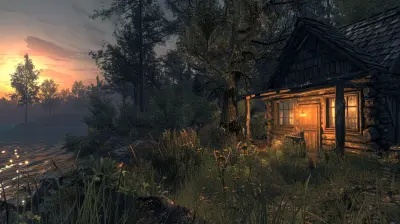
Discovering Hidden Secrets in Popular Survival Games
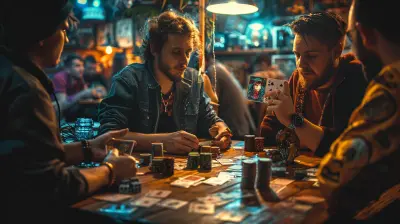
Card Game Terminology You Need to Know

How to Capitalize on Enemy Mistakes
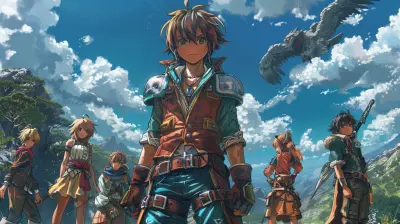
How Character Classes Have Evolved in JRPGs

Race Against Time: The Thrill of Live Speedrunning Competitions
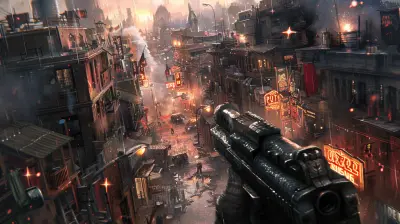
Third-Person Shooter Mechanics: Aim, Shoot, and Dodge Like a Pro
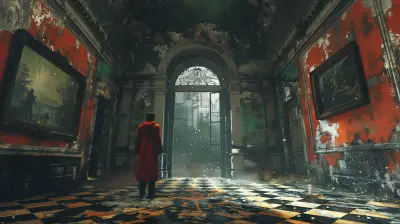
The Psychology of Player Agency in Interactive Narratives
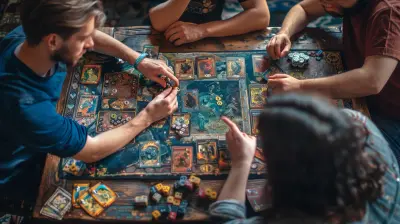
The Best Cooperative Card Games to Play with Friends

The Rise of Indie JRPGs: Small Teams, Big Worlds